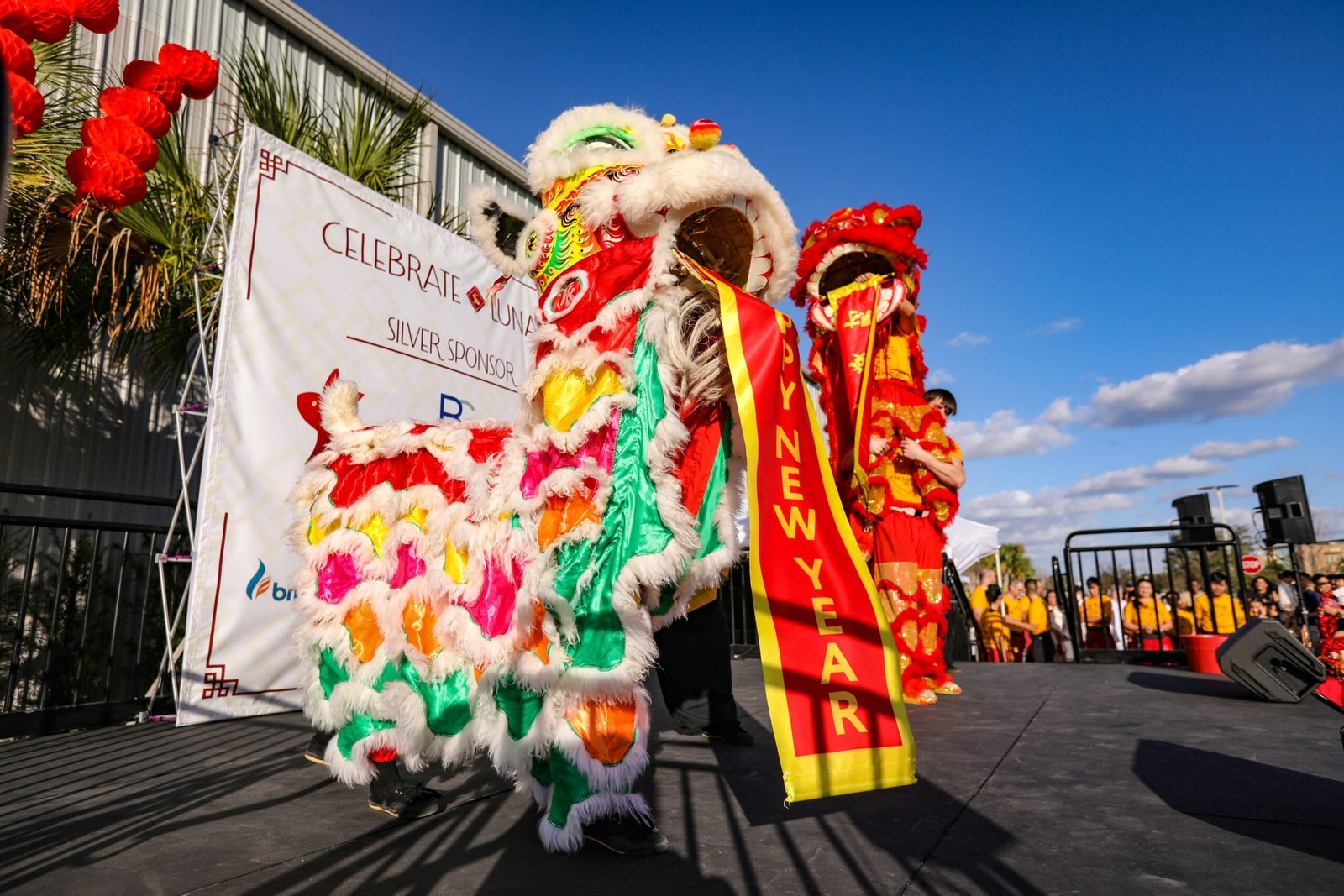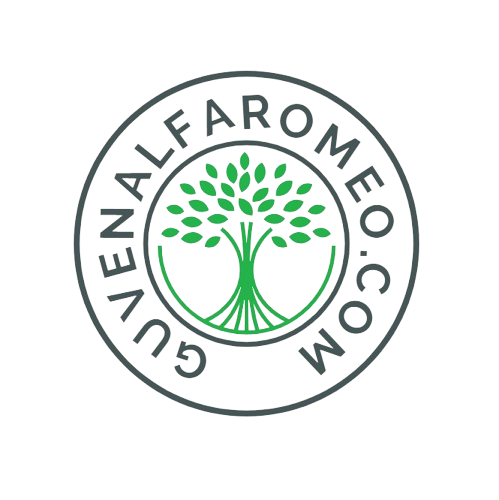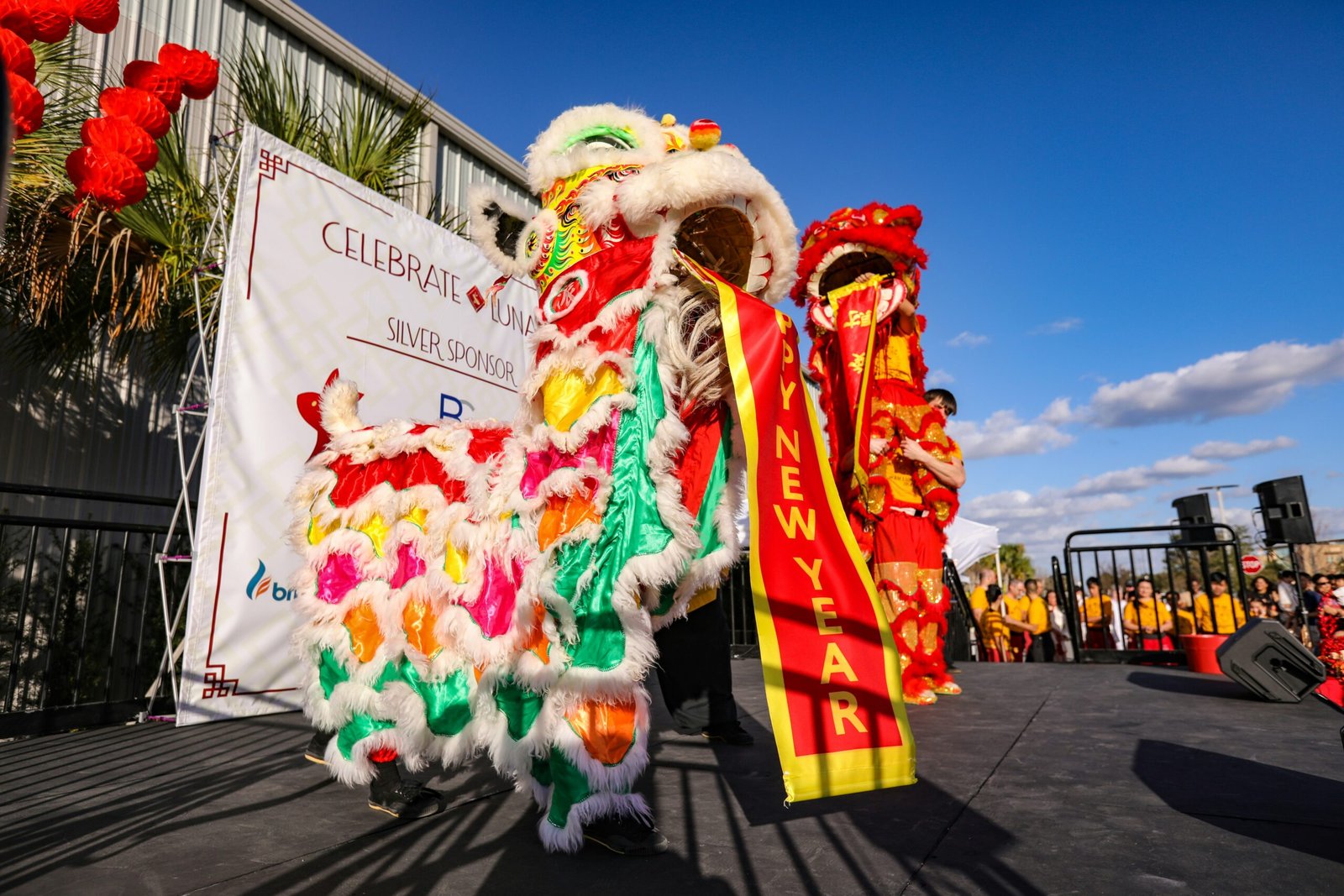
Introduction to New Zealand’s Cultural Heritage
New Zealand, a country renowned for its stunning landscapes and rich biodiversity, boasts a cultural heritage that is as diverse as its natural beauty. The unique cultural identity of New Zealand is primarily shaped by the influences of its indigenous Māori population and European settlers who arrived during the 19th century. The interplay of these two traditions has given rise to a vibrant cultural tapestry that reflects the values, beliefs, and practices of its people.
The Māori culture, deeply rooted in the land and its history, brings forth a wealth of traditions, language, and artistry. Central to Māori identity are ancestral connections, reflected in the significance of whakapapa (genealogy) and the communal spirit of whānau (family). Traditional practices such as haka (war dances), waiata (songs), and carving hold immense cultural significance and are pivotal in passing down stories and customs through generations. The preservation of the Māori language, te reo Māori, further enriches this heritage, making it an essential part of New Zealand’s national identity.
On the other hand, European influence has also left a lasting mark on New Zealand’s cultural landscape. The arrival of British settlers brought new customs, languages, and forms of art that have since blended with Māori traditions. This fusion is evident in various aspects of life, from literature and visual arts to culinary practices. Events such as Waitangi Day celebrate this blend by acknowledging the signing of the Treaty of Waitangi in 1840, which ushered in a new era of shared governance between Māori and Europeans.
Incorporating both Māori and European influences, New Zealand’s cultural festivals and events serve as important platforms for showcasing this rich heritage. They not only celebrate the unique traditions of the communities but also promote understanding, respect, and unity among the diverse population. Understanding New Zealand’s cultural heritage is essential for appreciating the significance of these events and their role in fostering cultural pride and continuity.
Key Maori Festivals: A Celebration of Tradition
New Zealand’s Maori festivals serve as a vital expression of the rich cultural heritage of the indigenous population. Among them, Matariki and Te Matatini stand out as significant events that not only celebrate tradition but also promote communal cohesion and identity. Matariki marks the Maori New Year, typically observed in June or July, and is characterized by the re-emergence of the Pleiades star cluster in the dawn sky. This festival is not merely a timekeeping marker; it holds deep spiritual significance as a time for reflection, honoring ancestors and celebrating the new beginnings that the cycle of the stars brings. Communities engage in various activities during Matariki, including planting, harvesting, and hosting feasts to foster a sense of unity and renewal.
Te Matatini, on the other hand, is a premier cultural festival dedicated to kapa haka, a traditional Maori performing arts format that blends song, dance, and narrative. Held biennially, Te Matatini attracts kapa haka groups from all over New Zealand, showcasing their talent and passion through rigorous competition. The festival not only highlights the artistic expression and creativity of Maori culture but also serves as a venue for learning and appreciating the history and values embedded within these performances. Attendees experience vibrant displays of haka, waiata (songs), and poi that communicate ancestral stories and contemporary issues, thus bridging the gap between past traditions and present realities.
Both Matariki and Te Matatini are pivotal in reinforcing Maori values and practices, enabling individuals and families to connect with their roots and each other. These festivals encourage participation across diverse backgrounds, fostering a collective appreciation for New Zealand’s rich indigenous culture, reinforcing community bonds, and nurturing cultural pride.
European Influence and Celebrations
The rich cultural landscape of New Zealand has been significantly shaped by European influences, particularly those stemming from colonial history. One of the most prominent examples of this influence is Waitangi Day, celebrated on February 6th each year. This day marks the signing of the Treaty of Waitangi in 1840, a pivotal document in New Zealand’s history that established the foundation for governance and the relationship between Māori and the British Crown. Waitangi Day serves not only as a reminder of the complexities of colonial history but also as a celebration of New Zealand’s evolving national identity.
Various cultural festivals and events throughout New Zealand reflect the contributions of European settlers and their ongoing impact on contemporary society. Numerous arts and music festivals showcase a blend of both traditional Māori and European arts, promoting a sense of unity in diversity. Events such as the Auckland Arts Festival and the New Zealand International Comedy Festival foster a creative community that highlights the artistic talents stemming from European roots while embracing new, multicultural expressions.
In addition, these festivals often stimulate discussions about New Zealand’s history, allowing participants to explore the dynamics of colonialism and its lasting effects on Māori culture and identity. For instance, the blending of art forms during these celebrations creates a forum for reflection and acknowledgment of both the triumphs and challenges faced by New Zealand as a nation. By recognizing our pluralistic heritage through these captivating events, we are encouraged to embrace a more inclusive perspective that honors both Māori and European contributions to New Zealand’s cultural tapestry.
Ultimately, these celebrations and festivals act as critical touchpoints for understanding and appreciating the complex historical narratives that shape New Zealand’s societal structure today.
Multicultural Festivals: A Melting Pot of Cultures
New Zealand’s multicultural landscape is emblematic of its rich heritage, characterized by a vibrant tapestry of diverse ethnic communities. The nation hosts a plethora of multicultural festivals that celebrate this diversity and promote inclusivity, allowing people from various backgrounds to come together in a spirit of unity and respect. Among the most notable events are the Pasifika Festival, Diwali, and Chinese New Year, each showcasing the unique traditions and customs that contribute to New Zealand’s cultural fabric.
The Pasifika Festival, held annually in Auckland, is a prime example of how multiculturalism is celebrated in New Zealand. This festival pays homage to the cultures of the Pacific Islands, featuring traditional music, dance performances, and delicious cuisine. The vibrant stalls and dynamic stage performances provide an opportunity for both locals and visitors to immerse themselves in the Pacific Islander way of life, promoting awareness and appreciation for their rich cultural heritage.
Diwali, the Festival of Lights celebrated by the Indian community, is another significant multicultural event in New Zealand. This celebration marks the triumph of light over darkness and good over evil. Communities gather to partake in cultural performances, traditional food stalls, and the lighting of lamps and fireworks. Diwali encourages cultural exchange, drawing people from various ethnic backgrounds, fostering understanding through shared experiences and collective festivities.
Chinese New Year is yet another important festival that captures the essence of New Zealand’s multicultural identity. As the largest celebration for the Chinese community, it welcomes the Lunar New Year with vibrant parades, dragon dances, and traditional culinary experiences. This festival not only allows participants to honor their heritage but also inspires cultural appreciation among attendees from different walks of life.
Through these enriching multicultural festivals, New Zealand exemplifies a commitment to celebrating diversity, fostering inclusivity, and promoting cultural exchange. Such events underscore the significance of understanding and embracing each other’s backgrounds, allowing for a more cohesive society built on shared values and mutual respect.
Environmental and Agricultural Festivals
New Zealand is known for its stunning landscapes and rich agricultural practices, and several festivals showcase the natural beauty and cultural significance of the country. Notable among these events are the Rotorua International Festival of Arts and the Nelson Wine and Food Festival, both of which highlight sustainability and the importance of local produce.
The Rotorua International Festival of Arts serves as a vibrant platform for artists to display their work while celebrating the unique environmental assets of the region. This festival involves a mix of performances, exhibitions, and installations that not only entertain but also educate attendees about the significance of environmental conservation. New Zealand’s breathtaking scenery provides a fitting backdrop for these artistic expressions, thereby fostering a sense of appreciation for the country’s natural resources. The festival’s commitment to sustainability is reflected in its initiatives that encourage participants and vendors to reduce waste and promote eco-friendly practices.
Similarly, the Nelson Wine and Food Festival showcases the region’s exceptional culinary offerings and highlights the importance of supporting local agricultural practices. This event brings together local wineries, food producers, and artisans to celebrate the rich flavors and diversity of New Zealand’s gastronomic heritage. Participating vendors often focus on sustainable farming methods and the use of organic ingredients, which resonates with the increasing consumer demand for eco-conscious choices. By promoting local produce at this festival, attendees not only experience the unique tastes of the region but also gain insight into the agricultural practices that support these offerings.
By participating in these festivals, individuals contribute to a broader conversation about sustainability, environmental awareness, and the significance of locally produced goods. Such events play a crucial role in preserving New Zealand’s agricultural heritage while also fostering a strong community spirit centered around their beautiful natural environment.
The Role of Music and Arts in Festivals
New Zealand’s cultural festivals serve as vibrant platforms where music and artistic expressions thrive, playing an essential role in the celebration of the nation’s rich heritage. The artistic elements showcased during these events not only entertain but also provide valuable insights into the diverse cultural narratives that shape the society. Music, in particular, is a significant feature of many festivals, uniting communities through its universal language and ability to convey emotion and storytelling.
Traditional Māori music, characterized by unique instruments and vocal styles, is often at the forefront of these celebrations. It serves to reinforce cultural identity, connecting attendees to their ancestry and heritage while introducing non-Māori individuals to this profound aspect of New Zealand’s cultural landscape. Alongside Māori music, contemporary genres and diverse artistic influences also find a place in these festivals, reflecting New Zealand’s eclectic cultural fabric and promoting a sense of inclusivity.
Dance, another crucial form of artistic expression, is prominently featured in various festivals across the country. Traditional dance performances, such as kapa haka, showcase not only the rhythmic and dynamic movement but also convey powerful narratives rooted in Māori traditions. These performances foster a sense of pride within the community and provide a crucial opportunity for young performers to learn and express their cultural identity through their art. Furthermore, contemporary dance troupes often contribute to the artistic tapestry, exploring modern themes and creative movements that resonate with local audiences.
Visual arts are equally celebrated, encompassing traditional carvings, weaving, and contemporary art. Exhibitions allow local artists to exhibit their talents, encouraging continued engagement with both the community and the art world. Through these artistic platforms, festivals contribute to the preservation of cultural practices while also paving the way for innovative expressions of identity. Music and arts remain vital components, ultimately enriching the significance of festivals and their role in New Zealand’s cultural heritage.
Culinary Festivals: Taste of New Zealand
New Zealand’s culinary heritage is a vibrant tapestry woven from its diverse cultural influences, local ingredients, and innovative cooking techniques. Culinary festivals play a pivotal role in celebrating this rich heritage, with events such as Wellington on a Plate standing out as prime examples. This festival not only showcases the creativity of local chefs but also emphasizes the importance of seasonal, locally sourced produce. The event typically features a wide array of gourmet dishes, food-led experiences, and a plethora of culinary workshops, allowing attendees to immerse themselves in the local gastronomy.
Regional food events further enhance New Zealand’s gastronomic landscape. Each region boasts unique specialties that reflect its agricultural strengths and cultural influences. For instance, the Hawke’s Bay Harvest Festival celebrates the fruitful bounty of the region, where visitors can taste and purchase fresh produce while enjoying activities like guided vineyard tours. Such events not only highlight the significance of food in cultural celebrations but also foster community participation and pride.
Food festivals in New Zealand exemplify how gastronomy can unite communities, enabling people to share stories, traditions, and flavors. These gatherings provide a platform for local chefs and food artisans to showcase their talents, leading to collaboration among producers, chefs, and consumers. Culinary-based celebrations enrich the cultural fabric of the country, showcasing the narratives that tie together people through shared culinary experiences.
The interplay between food and local culture is beautifully reflected in New Zealand’s culinary festivals. By participating in these events, individuals gain a deeper appreciation for the heritage and creativity behind the dishes they enjoy. As more visitors explore these vibrant celebrations, New Zealand continues to establish itself as a destination for culinary enthusiasts seeking authentic and memorable experiences.
The Impact of Festivals on Local Communities
Cultural festivals play a pivotal role in fostering economic and social development within local communities in New Zealand. These vibrant events serve as a magnet for tourists, drawing visitors from both domestic and international locales. As the influx of tourists increases, local businesses often experience a notable surge in revenue. Accommodations, restaurants, and retail markets benefit significantly from the heightened demand, which can lead to job creation and the expansion of services throughout the region.
Moreover, these festivals facilitate an environment where cultural practices and traditions are shared, enriching the experiences of attendees. This shared engagement promotes a sense of pride among community members and strengthens social bonds. When individuals come together to celebrate their heritage, they foster mutual understanding and appreciation for cultural diversity, which can enhance social cohesion. Residents often participate not only as spectators but also as contributors, where their involvement in organizing and executing these festivals ensures a sense of ownership and collective responsibility.
The impact on local communities goes beyond mere economic benefits. Cultural festivals also provide opportunities for local artists and performers to showcase their talents, creating platforms for creative expression and cultural exchange. Such events encourage the preservation of cultural identities by enabling communities to express their unique traditions. Additionally, they stimulate interest and investment in cultural heritage sites, which can have long-lasting effects on community development.
In essence, cultural festivals are more than mere celebrations; they are dynamic events that catalyze economic growth and foster social interaction. By supporting tourism and enhancing community ties, these festivals contribute significantly to the richness of New Zealand’s cultural landscape, ensuring that local heritage continues to thrive for future generations.
Conclusion: Preserving Heritage Through Celebration
Cultural festivals and events play a pivotal role in preserving New Zealand’s rich heritage. These vibrant celebrations are not merely events on a calendar; they are vital expressions of identity, history, and community spirit. By showcasing traditional customs, art forms, and culinary practices, these festivals provide an invaluable opportunity for individuals to reconnect with their roots and share their cultural narratives with others. As New Zealand is home to diverse ethnic groups, these events promote a greater understanding and appreciation of various cultures, fostering unity in diversity.
Participating in cultural festivals allows individuals to engage with the living traditions of New Zealand, where each event embodies the essence of its community. These gatherings serve as educational platforms, where attendees can learn about the historical significance of different cultural practices, including Māori tikanga and other cultural exchanges. For many participants, these experiences can foster a deeper connection to New Zealand’s multi-faceted identity, enriching personal and communal pride in the country’s heritage.
Moreover, cultural celebrations contribute significantly to the economic landscape of local communities. They draw visitors from across the nation and around the world, providing a boost to local businesses and promoting sustainable tourism. As attendees experience the richness of New Zealand’s heritage firsthand, they play a part in a cycle that sustains and strengthens cultural practices for future generations.
In summary, cultural festivals are essential in preserving New Zealand’s heritage while fostering inter-cultural dialogue and national pride. These vibrant expressions of identity are not only celebrations but also opportunities for connection and understanding. Therefore, it is encouraged for both residents and visitors alike to participate in these events, supporting the ongoing legacy of New Zealand’s rich cultural tapestry.



